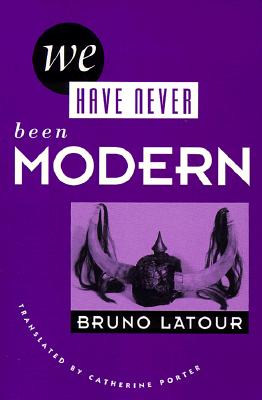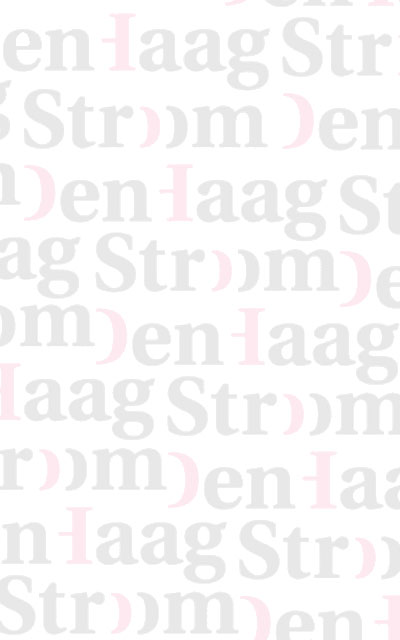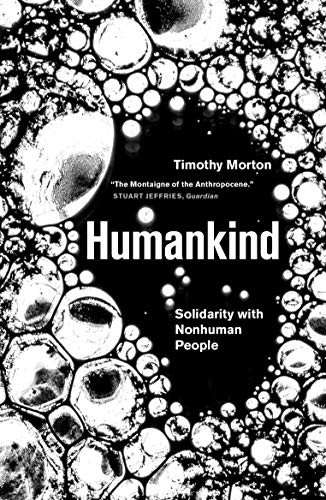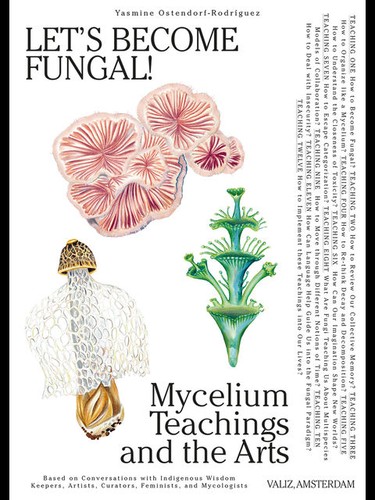
by Bruno Latour ; translated from the original French edition of 1991 by Catherine Porter
- Author(s)
- Bruno Latour
- Publication
- Cambridge, Mass. : Harvard University Press, 1993
- Scope
- 158 Pages, illustrated, 23 cm.
- ISBN
- 9780674948396
With the rise of science, we moderns believe, the world changed irrevocably, separating us forever from our premodern ancestors. But what does it mean to be modern? What difference does the scientific method make? The difference, Latour explains, is in our careful distinctions between nature and society, between human and thing, distinctions that our ancestors, in their world of alchemy, astrology, and phrenology, never made. But alongside this purifying practice that defines modernity, there exists another seemingly contrary one: the construction of systems that mix politics, science, technology, and nature. The ozone debate is such a hybrid, in Latour’s analysis, as are global warming, deforestation, even the idea of black holes. Latour suggests, we should rethink our distinctions, and in doing so rethink the definition and constitution of modernity itself. His book aims at saving what is good and valuable in modernity and replacing the rest with a broader, fairer, and finer sense of possibility.
- Keywords
- anthropocene
- Stroom project
- Uncertainty Seminar - Multispecies (Mis)communication
- Location
- Cabinet 11 - 3: Antropoceen
- Remarks
- Incl. bibliographical references and Index. ; translated from the original French edition of 1991 by Catherine Porter




